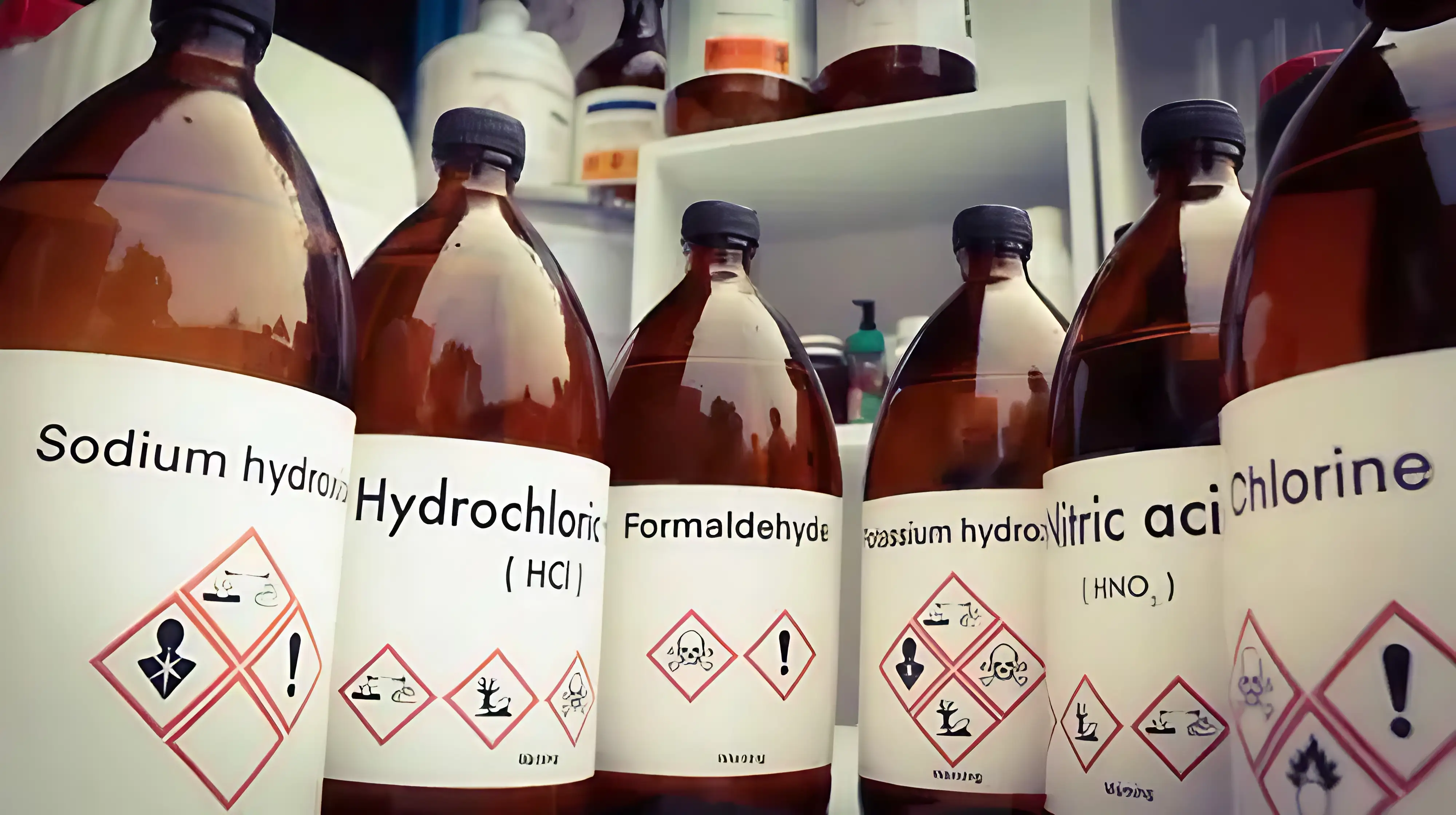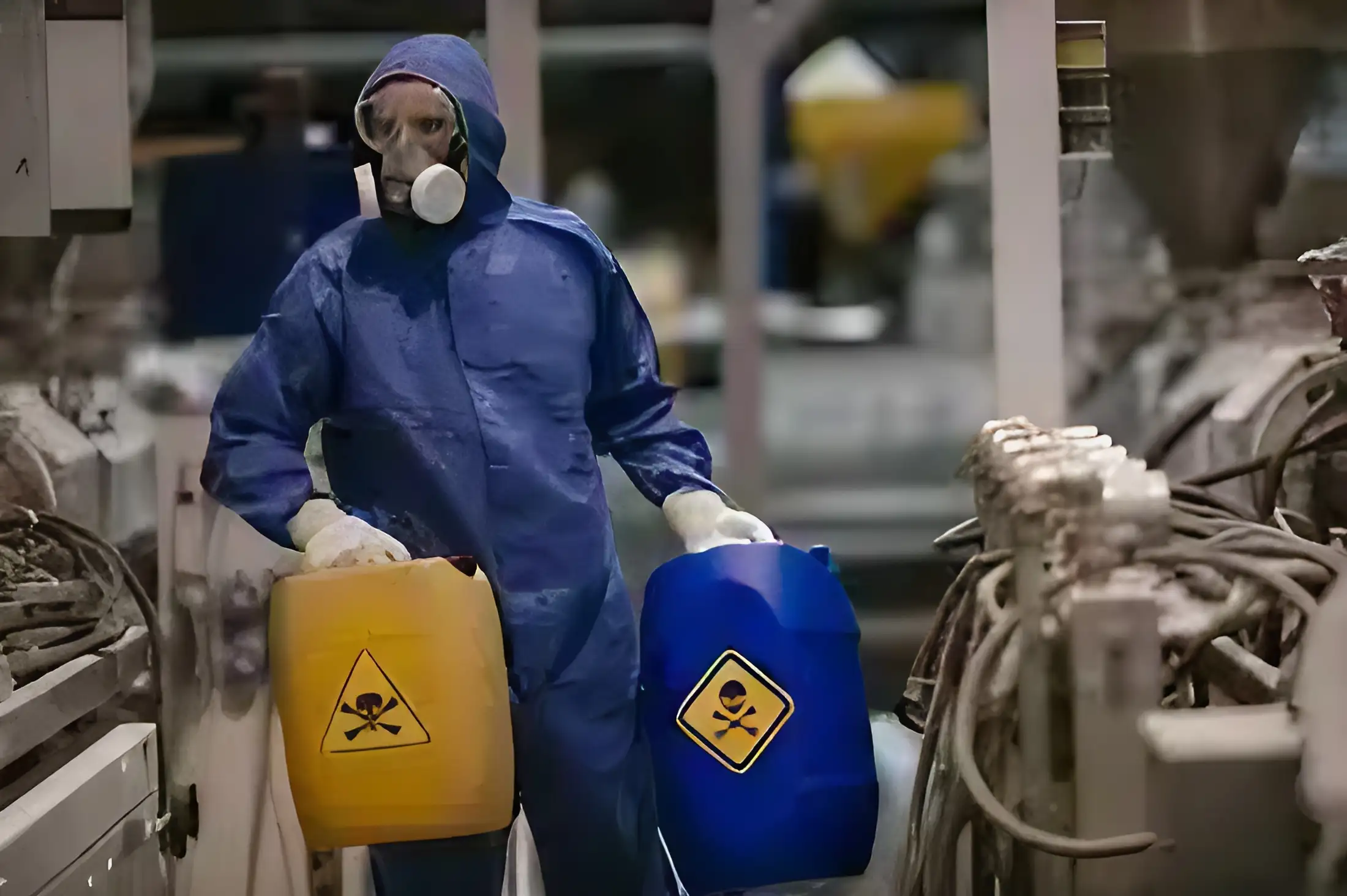The chemical industry is one of the largest contributors to global carbon emissions. However, with sustainable innovations and cleaner production methods, manufacturers are actively working to reduce their carbon footprint while maintaining efficiency and profitability.
Key Strategies to Reduce Carbon Emissions:
-
Energy-Efficient Manufacturing – Implementing renewable energy sources (solar, wind, and biomass) and process optimization to minimize energy consumption.
-
Green Chemistry & Sustainable Raw Materials – Using bio-based feedstocks, biodegradable solvents, and non-toxic catalysts to lower environmental impact.
-
Carbon Capture & Utilization (CCU) – Capturing CO₂ emissions from production and converting them into useful chemicals or fuels.
-
Waste Reduction & Recycling – Developing closed-loop systems to recycle chemical waste and reuse industrial byproducts.
Industries Leading the Change:
-
Pharmaceuticals – Green synthesis techniques reducing solvent waste and energy use.
-
Plastics & Packaging – Biodegradable polymers replacing fossil fuel-based plastics.
-
Agriculture – Eco-friendly pesticides and fertilizers with lower carbon emissions.
-
Coatings & Adhesives – Low-VOC, water-based formulations replacing solvent-heavy alternatives.
By adopting sustainable practices, chemical manufacturers can cut emissions, lower costs, and comply with global environmental regulations, contributing to a greener, more responsible future.





